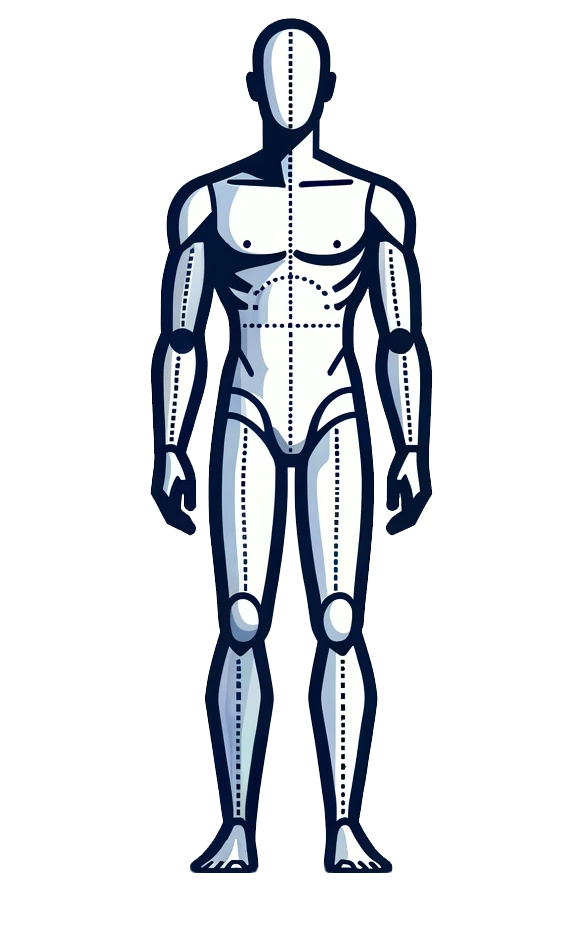HEAD / NECK
Struggling with headaches, neck pain, or stiffness? Our targeted treatments can help alleviate discomfort and restore mobility.
At For The Win Therapy, we're not just committed to your recovery; we're dedicated to helping you regain your fullest potential. Proudly veteran-owned and operated, we bring the same level of discipline, excellence, and commitment you'd expect from our armed forces to every treatment and consultation. Our expert therapists combine innovative techniques with personalized care plans designed to meet your individual needs. Choose us for a partner in your journey to wellness who stands for strength, integrity, and success. Join us at For The Win Therapy, where your victory is our mission.
Every patient is unique, and so is our approach. We craft customized care plans that specifically address your individual needs and goals.
Our team comprises highly skilled and licensed therapists who are not only experts in their field but are also deeply committed to your recovery.
We provide continuous support throughout your treatment journey, including thorough follow-up to ensure optimal recovery and prevent future issues.
Our clinic is equipped with the latest in physical therapy technology, ensuring you receive the most effective and efficient care possible.
Recover faster and more effectively from injuries sustained in auto accidents with our specialized treatment plans tailored to alleviate pain and restore function.
Boost your athletic performance and accelerate your recovery times with our expert-designed programs that focus on enhancing strength and endurance.
Experience targeted relief with dry needling, a technique that uses thin needles to address muscle knots and nerve issues, promoting healing and pain relief.
Keep your body functioning at its best with our tune-up services, designed to prevent injuries and maintain optimal health through regular, proactive care.

Struggling with headaches, neck pain, or stiffness? Our targeted treatments can help alleviate discomfort and restore mobility.
The primary goal of physical therapy is usually to recover strength, flexibility, and function. In most cases, therapeutic exercise is an important component of the rehabilitation process. Therapeutic exercises involve movement of the body to facilitate recovery from limitations often associated with nerve, muscle, and/or joint problems. Therapeutic exercises are used to help people:
There are different types of therapeutic exercise that we provide based on our detailed assessment of your condition and your rehab goals. Physical therapists are experts at providing appropriate progressive therapeutic exercise programs for a given condition and where you are at in the recovery process. By varying frequency, intensity, and resistance, treatment goals can be achieved in an optimal timeframe. Therapeutic exercise is often an important component of a comprehensive treatment plan. The key is customizing the plan for your specific needs.
Arrive at your appointment with your paperwork completed, we'll send it to you via email to fill out.
You will provide us with your referral for physical therapy if you have one. If you don't have a referral, let us know when you schedule your first visit with us (A referral is not always needed).
You will be seen for the initial evaluation by the therapist where you will discuss the following:
The therapist will then perform the objective evaluation which may include some of the following:
The therapist will then formulate a list of problems you are having, and how to treat those problems. A plan is subsequently developed with the patient's input. This includes how many times you should see the therapist per week, how many weeks you will need therapy, home programs, patient education, short-term/long-term goals, and what is expected after discharge from therapy. This plan is created with input from you, your therapist, and your doctor.
“No man has the right to be an amateur in the matter of physical training. It is a shame for a man to grow old without seeing the beauty and strength of which his body is capable.”
- Socrates
Book Now